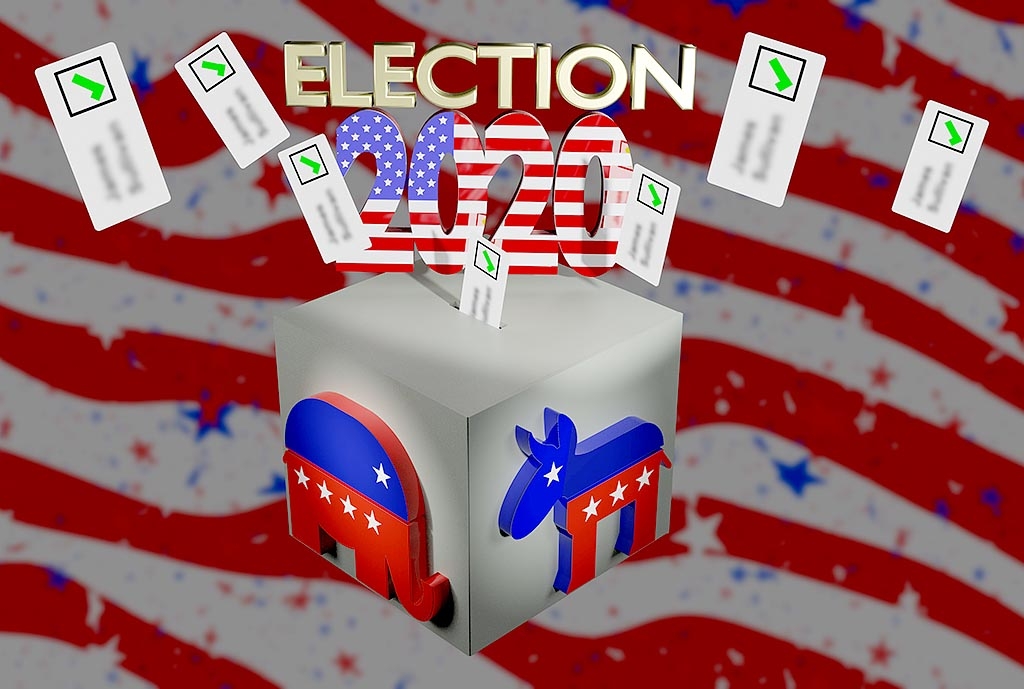The U.S. Postal Service (USPS) refused to comply with the order from U.S. District Judge Emmet G. Sullivan of the District of Columbia to conduct sweeps in mail processing facilities serving 15 states to ensure that all ballots in the system be delivered to elections offices on time. That’s landing them back in court Wednesday. That leaves ballots from 300,523 Americans that the USPS has lost track of that may not be counted in areas including Philadelphia, Detroit, and Atlanta, Daily Kos reports.
The USPS responded that it just couldn’t meet the order, saying that the rest of its Election Day operations would be disrupted if they had to search the 27 facilities for the ballots and immediately deliver them. “Given the time constraints set by this court’s order, and the fact that Postal Inspectors operate on a nationwide basis, defendants were unable to accelerate the daily review process to run from 12:30pm to 3:00pm without significantly disrupting preexisting activities on the day of the election, something which defendants did not understand the court to invite or require,” it wrote in a filing. The 300,523 ballots in question were scanned as incoming at processing facilities, but weren’t scanned as having exited them.
That might not be as bad as it looks on the surface, Vice reporter Aaron Gordon says. He argues that the USPS has testified that manual processes have been overriding the system, with ballots being pulled out by postal workers, hand postmarked, and sent out for expedited delivery manually, bypassing the exit scans. So out of the 300,523 ballots that aren’t accounted for, some could have been delivered that way. We just don’t know.
The big issue is that in some of the most hotly contested areas, like Atlanta, Georgia; Detroit, Michigan; and parts of Wisconsin, ballots had to have been received on Election Day. In Pennsylvania, the receipt deadline is Nov. 6, but that remains a point of litigation by team Trump. The USPS report to Judge Sullivan Wednesday morning is not encouraging. It says it delivered 82.2% of ballots in Atlanta, 61.3% in Central Pennsylvania, 66.3% in Philadelphia, 78.9% in Detroit, 72.9% in Greensboro, North Carolina, and 76.8% in Wisconsin’s Lakeland district. Did a large portion of the ballots not reflected in these stats just not get scanned on their way to elections offices? Who knows? That’s a big problem.

